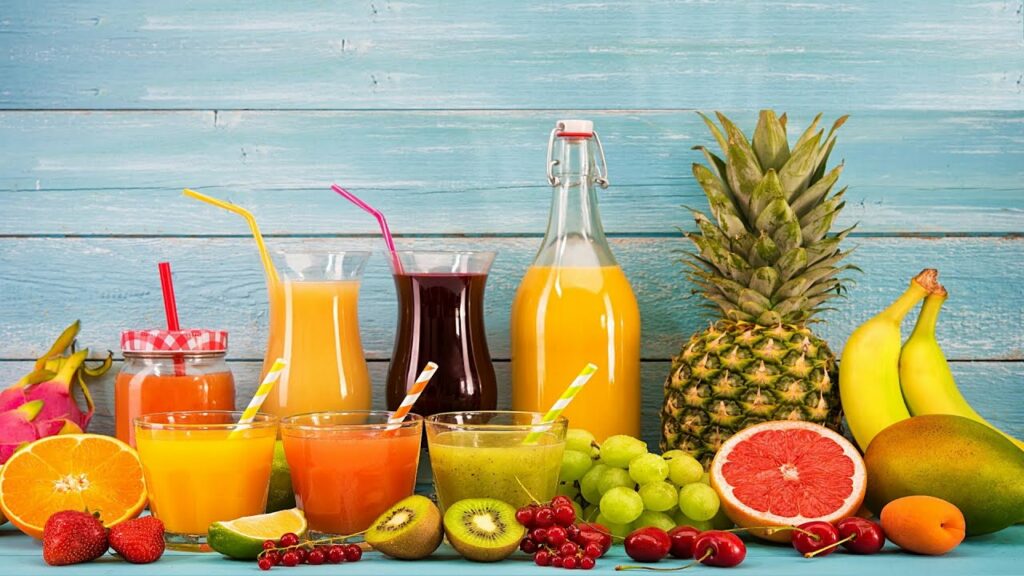Certification of juices and juice drinks
NEED HELP WITH CERTIFICATION?
Certification of juices and juice drinks

Juices and juice-containing drinks, as products of the daily diet of children and adults, are objects of state control and must comply with the norms and requirements of the current technical regulations of the Customs Union. Certification of juices and juice-containing drinks is designed to confirm the quality and safety of the product, to ensure the legality of business activities related to the production or sale of this type of food product.
Peculiarities of evaluation of juice products.
Mandatory assessment of the conformity of juices and drinks based on them takes place in the form of a declaration and prevents low-quality products from entering the market.
Manufacturers offer a wide selection of fruit, berry and vegetable juices:
- direct extraction;
- restored;
- freshly squeezed;
- concentrated;
- diffusion;
- nectar, juice, puree.
Species are classified according to the level of concentration, method of production, consistency, and also taking into account the feedstock – birch, grape, carrot, tomato, multifruit, cranberry and others.
Regardless of technological features and characteristics, juice products are subject to several technical regulations of the Customs Union:
- 023/2011 – specialized technical regulation concerning the safety of juice products from fruit and vegetable raw materials, as well as the rules for product identification, schemes for carrying out verification activities, label requirements;
- 021/2011 is the fundamental technical regulation containing the key requirements for food products;
- 022/2011 – legislative act concerning food labeling rules;
- 029/2012 – a document regulating the use of food additives: regulators, stabilizers, dyes, flavors, flavor enhancers.
According to the specialized technical regulations, the applicant can use one of the possible schemes:
- 1d, 3d – are used to evaluate serial production (with control over the organization of the production process);
- 2d, 4d – designed to check a single batch of goods.
If juices are made on the basis of a new type (combination) of fruit and vegetable crops or belong to the category of specialized nutrition, for example, for children, athletes, diabetics, you will have to go through state registration and obtain an appropriate certificate (SGR).
After completing the mandatory permit documentation – a declaration or SGR – an individual entrepreneur can undergo additional verification within the framework of the GOST R system.
A voluntary quality certificate can become a competitive advantage, it helps to expand the sales market, highlight the product, and increase the level of consumer and partner confidence. The document also makes it possible to participate in government tenders, conclude agreements with large retail chains.
List of documents.
To pass the mandatory procedure for certification of juices and juice-containing drinks, it is necessary to prepare a package of documents.
On the approved list:
- written application;
- scans of certificates of state registration (TIN, OGRN);
- statutory and constituent documents, company card;
- detailed information about products (indicating the age group of consumers);
- regulatory and technical documentation used in the production process (GOSTs, recipes, TU);
- label layout;
- HACCP certificate (if available).
If a foreign product is subject to verification, it is necessary to provide information about the manufacturer, invoice, contract specification, agreement of an authorized person.
Compliance confirmation procedure.
Evaluation activities are carried out in a certain order:
1. Registration of an application for verification.
2. Providing a complete set of documents.
3. Identification of the product, selection of a scheme for the upcoming test.
4. Collection and transfer to experts of standard samples for research and testing.
5. Drawing up final protocols based on the results obtained.
6. Registration of permits with subsequent registration in a single register.
The term for the inspection after the transfer of documents and samples for testing is 2-3 weeks. The algorithm depends on who initiates the procedure (manufacturer or seller), as well as on the scheme of the upcoming check.
By clicking Submit, you agree to Fresh Consulting’s Privacy Policy.
COMPANIES WHICH TRUST MASTCERT
